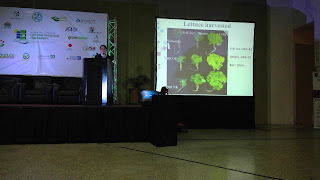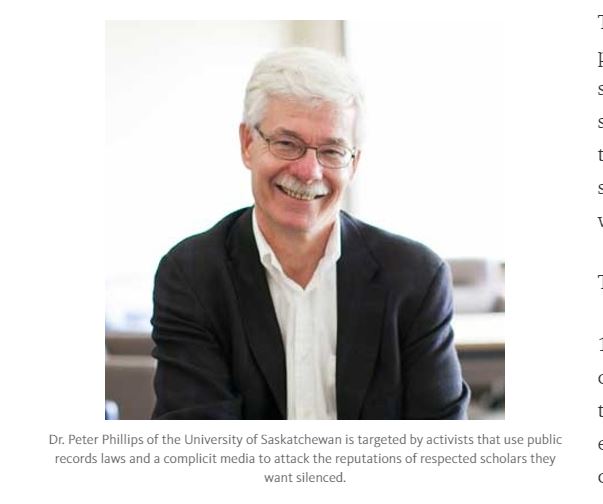Please Say No to "GMO"
Precise Science Demands Precise Nomenclature In science and medicine, the terminology applied can be the difference between life and death, success and failure. Words have precise meanings, and a productive dialogue in the sciences requires adherence to a common set of mutually recognized terms. Shared meaning is like a verbal handshake that ensures a positive connection where information can flow. Genetic engineering , familiarly known by the slippery colloquialism ‘GMO’, has been central to the production of drugs like insulin, enzymes used in cheese making, and laboratory-produced fibers. The widest-recognized successes have been the adoption of the technology by 20 million farmers onto almost half a billion acres of farmland, most of those in the developing world. Some 70 percent of grocery store products now contain ingredients from genetically engineered plants. And while scientists and farmers acknowledge concerns arising from the overuse of the technology, such as weed




